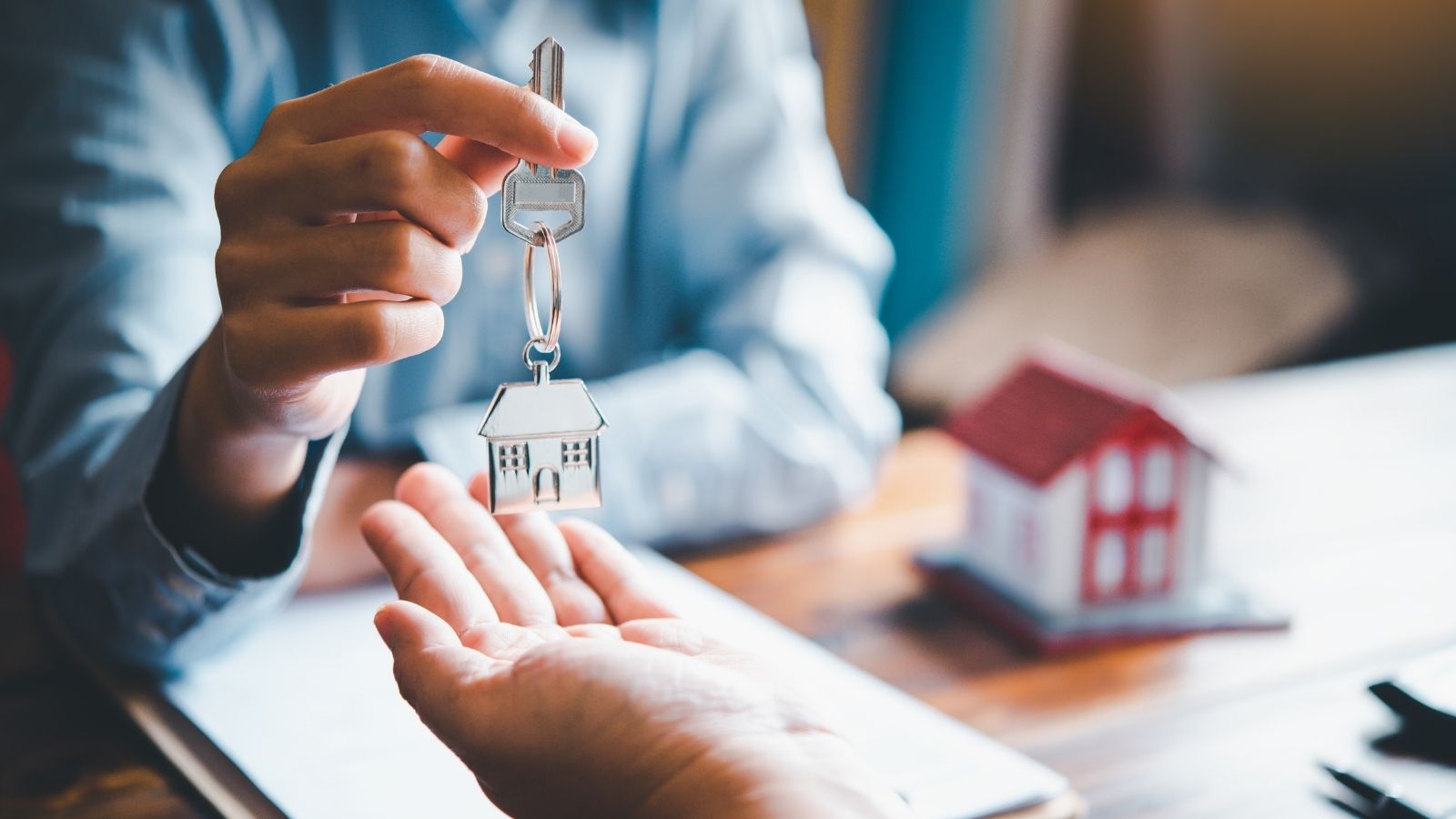Are you considering buying your first home? If so, you’re likely feeling both excited and anxious. It’s a big decision, but with careful planning and preparation, it can be an incredibly rewarding experience. Here are some tips to help first-time buyers make the most of the home buying process.

Be Poised to Purchase
Before you can set out to buy a house, you’ll need to save your down payment, earnest money deposit, and closing costs. You’ll also have to have a strong credit score, a low debt-to-income ratio, and a solid work history. Once you have all of that in order, you can start the home buying process.
Find a Real Estate Agent You Trust
One of the most important things you can do when buying a home is to find a real estate agent you trust. This person will be your advocate and advisor throughout the home-buying process, so it’s important to choose someone who has your best interests at heart. Ask friends or family for recommendations or look for an agent with good reviews online. Once you’ve found someone you click with, make sure you’re on the same page about your budget, must-haves, and deal-breakers.
Compare Rates from Multiple Lenders
Mortgage rates will vary significantly from one lender to the next. Shopping around is one of the best ways to ensure you’re getting a competitive rate. Start by looking at rates online, and then contact a few different lenders to compare options and get pre-approved for a loan. Keep in mind that pre-approval isn’t the same as final approval, but it can give you a clearer idea of how much home you can afford.
Get Pre-Approved for a Mortgage
Before you start shopping for homes, it’s a good idea to get pre-approved for a mortgage. This will give you an idea of how much house you can afford and help you narrow down your search. It also adds weight to your offer when a seller knows you’re financially empowered to buy.
Create a Realistic Wish List
First-time buyers often misgauge how much house their money can buy. It’s important to be realistic about the size and features of the home you can afford. Start by making a list of non-negotiable must-haves, like a certain number of bedrooms or proximity to public transportation. Then, rank your remaining wants in order of importance. This will help you focus your search and avoid getting caught up in the excitement of finding your perfect dream home (that’s way out of your price range).
Be Prepared for Compromises
No matter how well you plan, there’s a good chance you’ll have to compromise on some of your wish list items. Maybe you’ll find the perfect location but need to settle for a smaller home, or maybe you’ll get everything on your must-have list but have to stretch your budget a bit. Be prepared to make some compromises and be flexible in your home search. Don’t get caught up on minor cosmetic issues like paint, wallpaper, or carpet. These things can all be changed later — or you might be able to negotiate with the seller for an allowance for repairs.
Be Ready to Move Quickly
If you find a home you imagine yourself living in, be prepared to make an offer quickly. In a competitive market, homes can receive multiple offers and go under contract at lightning speed. If you’re not ready to move fast, you may miss out on your dream home.
Don't Get Emotional
Buying a home is a monumental financial decision, so it’s important to stay level-headed throughout the process. Don’t get too attached to any particular property and be prepared to walk away if the deal isn’t right. It can be easy to get caught up in the emotion of buying a home, but it’s important to remember that until the appraisal and inspection are over, anything could happen.
Investigate Neighborhoods, Not Just Houses
When you’re house hunting, it’s easy to get so focused on individual properties that you forget to pay attention to the neighborhoods they’re in. But the neighborhood can be just as important as the house itself. Drive around the area at different times of day and week to see what it’s like. Research things like crime rates, school quality, and noise level.
Be Patient
The home-buying process takes time. Unless you’re paying cash, it can take months to get approved for a loan, find the right house, and close on the property. Don’t get discouraged if things don’t happen as quickly as you’d like. The most important thing is to find a home that’s right for you and your budget.
Be Thoughtful About Your Offer
Once you’ve found a home you want to buy, it’s time to make an offer. Your real estate agent will help you come up with an appropriate offer based on comparable properties in the area. In a buyers’ market, you may have more room to start with a lower offer with the plan to negotiate up if necessary. However, in a sellers’ market, you may need to start with your best offer to increase the chances of having your bid accepted.
Be Prepared to Negotiate
You can be reasonably sure that when you submit an offer on a home, the seller may return a counteroffer. They’ll consider not only your offer price, earnest money deposit, and funding but also your suggested closing date and any contingencies you may have included. Once you receive a counteroffer, you can either accept, reject, or make a counteroffer of your own. Allow your agent to represent you in all negotiations; don’t try to communicate with the seller or their agent without representation.
Read Your Contracts Carefully
Both buyers and sellers sign a lot of paperwork during a real estate transaction. Be sure to read all contracts carefully before signing and ask your agent or attorney to explain anything you don’t understand.
Conclusion
Buying a home is a big decision, but it doesn’t have to be a stressful one. If you’re prepared and know what to expect, you’ll be well on your way to finding the perfect home. Just remember to be flexible, move quickly when you find a property you like, and stay level-headed throughout the process.


